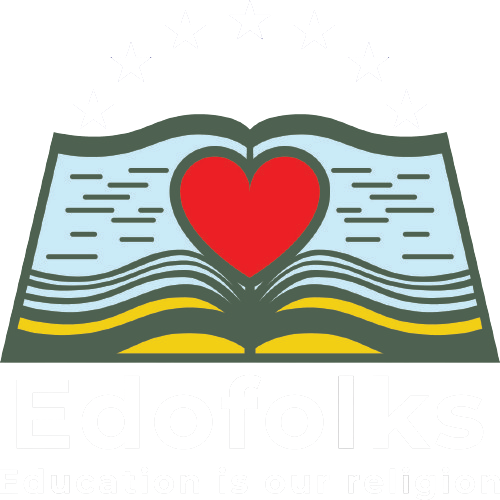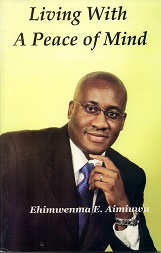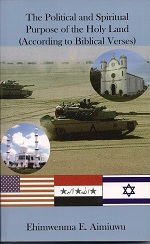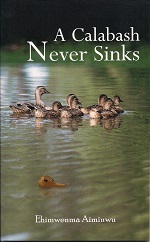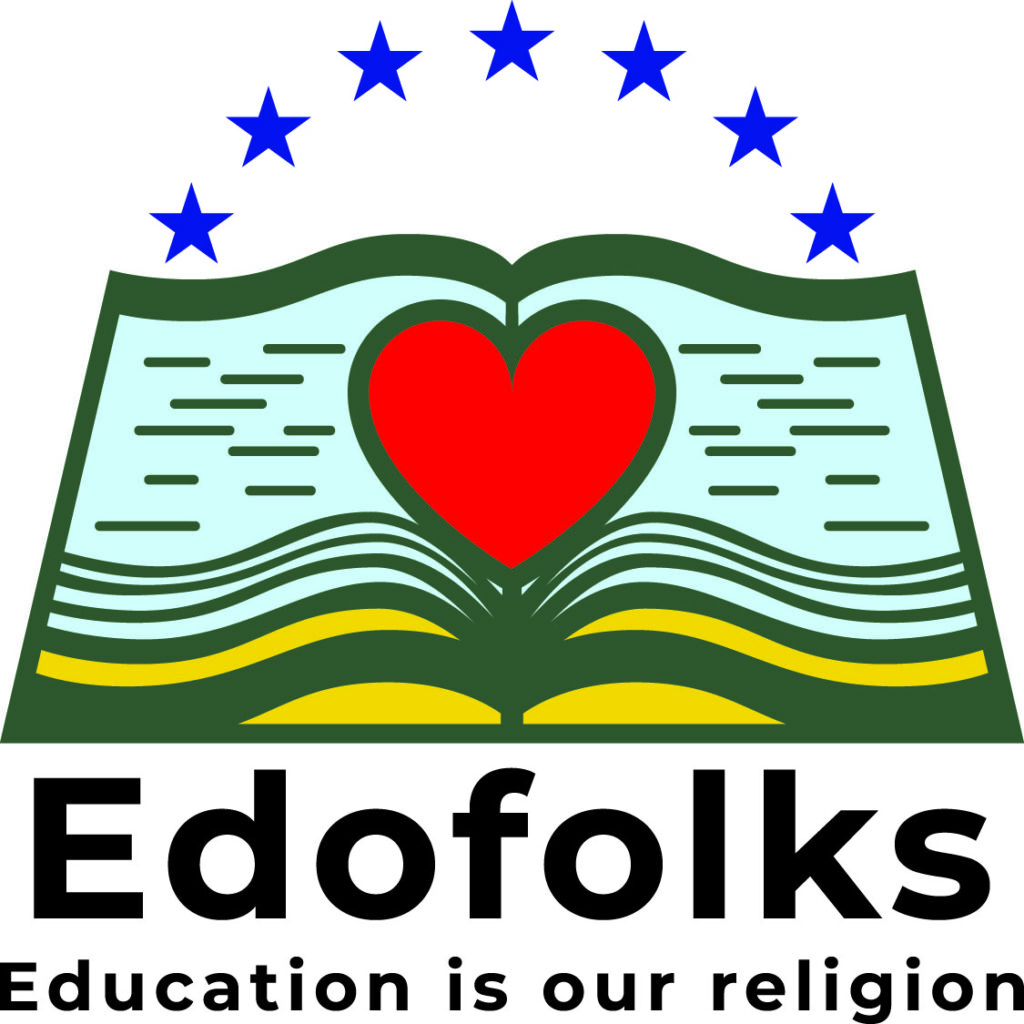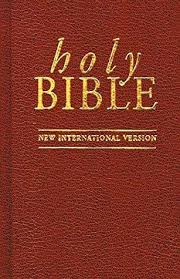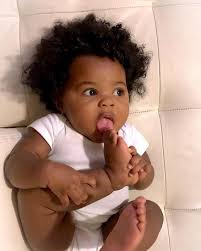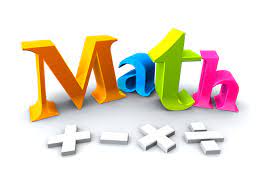Writings by Caucasians like Northcote, Hans Wolff, Bradbury etc… reflect a struggle with terminology. They interchange “Bini” with “Benin” with “Edo proper”, none of which is satisfactory. I consider the term “Edo proper” to be potentially offensive to other Edo speaking groups who, it could be argued, would by default be considered “Edo improper” – a rather silly connotation. Why did not they describe the ‘English’ as “English proper”, as against the Scots, Irish and Welsh all of whom are British and speak English as their primary language.
To illustrate this dilemma, let us take the Oyos, for example. The solid core of the old Oyo Empire consisted of Oyo speaking dialects, which Ajayi Crowther used to translate the Bible. Present day “Yoruba” is actually the ‘Oyo’ dialect, just as the phrase “Edo” refers to the ‘Bini’ dialect. In fact during the early part of this century, Egbas and Ijebus were not even described in documents as ‘Yorubas’ by the British. But at no time was the “Oyo” dialect described as “Yoruba proper”. It was just “Yoruba” – a phrase that was then gradually used to describe all Yoruba-speaking peoples irrespective of dialect. Based on this perhaps “Bini” should simply be termed “Edo”.
Note that this nomenclatural struggle is not peculiar to so called ‘Binis’.
The term “ISHAN” for example, comes from ‘Esa’ which is in turn derived from ‘Esafua’ , meaning “those who fled”. Some Ishan friends of mine like (or accept) it. Other’s do not, preferring to be called by the names of their villages and sub-clans. I know Ishans who prefer to be called Edos rather than Ishans.
The Political & Spiritual Purpose of the Holy Land
Advertise here for
just $500 / month Advertise here for
just $500 / month
“IVBIOSAKON” means ‘the children of those who file their teeth’ referring to a custom that used to be common among northern Edos – they used to file their incisors to a point. It was adopted by the British administration in the 1930s. Many Edo speaking people so described do not like the phrase. “Ora”, on the other hand, was named after ‘Ora-Ekpen’ or ‘Eranrin-Ekpen’ – the son of Uguan – the banished son of Oba Ozolua.
“ETSAKO” means the same thing as “IVBIOSAKON”. The British used the phrase ‘Etsako’ to describe Edos of the North-East and “IVBIOSAKON” to describe Edos of the North-West (excluding the ‘Akoko-Edos’)
The “INEME” (also called “ULEME” or UNEME”) people take their name from an old Bini word “ileme” meaning blacksmith. They are migrants from Obadan.
If you may recall even the phrase “Kukuruku” was at one time thought to be offensive and then dropped from official lingo.
In the early days, “Urhobos” and “Isokos” used to be called “SOBO” – a corrupted term. The Ijaws used to call them “Biotu” meaning ‘people of the interior’. But this offensive phrase is no longer used. Similarly the kwale-ibos used to call Isokos “Igabo” which was also offensive. Other than the “Urhobo’ and ‘Isoko’ groups of dialects, there are the Okpe, Erohwa and Evrho. All of these terms have been fairly confusing and controversial for quite some time. Some Urhobos, for example, do not regard the Isokos as a separate entity, yet it would be a mistake to call an Isoko man an Urhobo to his face. Even the term “Urhobo” used to be disliked by Urhobos.
The important thing though is to realize that we are all bound by ritual, linguistic, customary and lineage ties. Unfortunately, the arrival of the British and destruction of old ways and customs has pealed off a number of these ties which used to unite us.
Leadership is needed to fix the problem. Regards.
